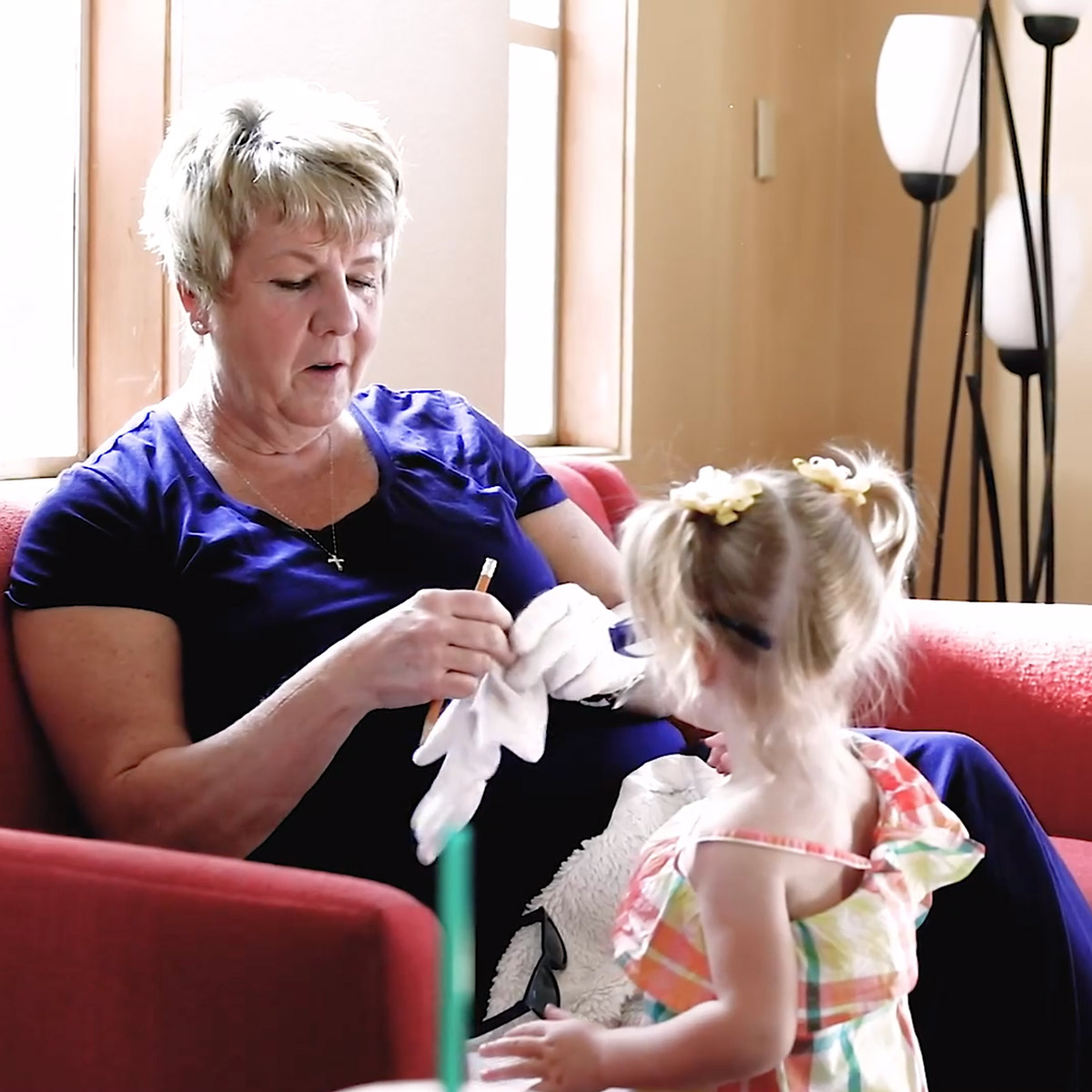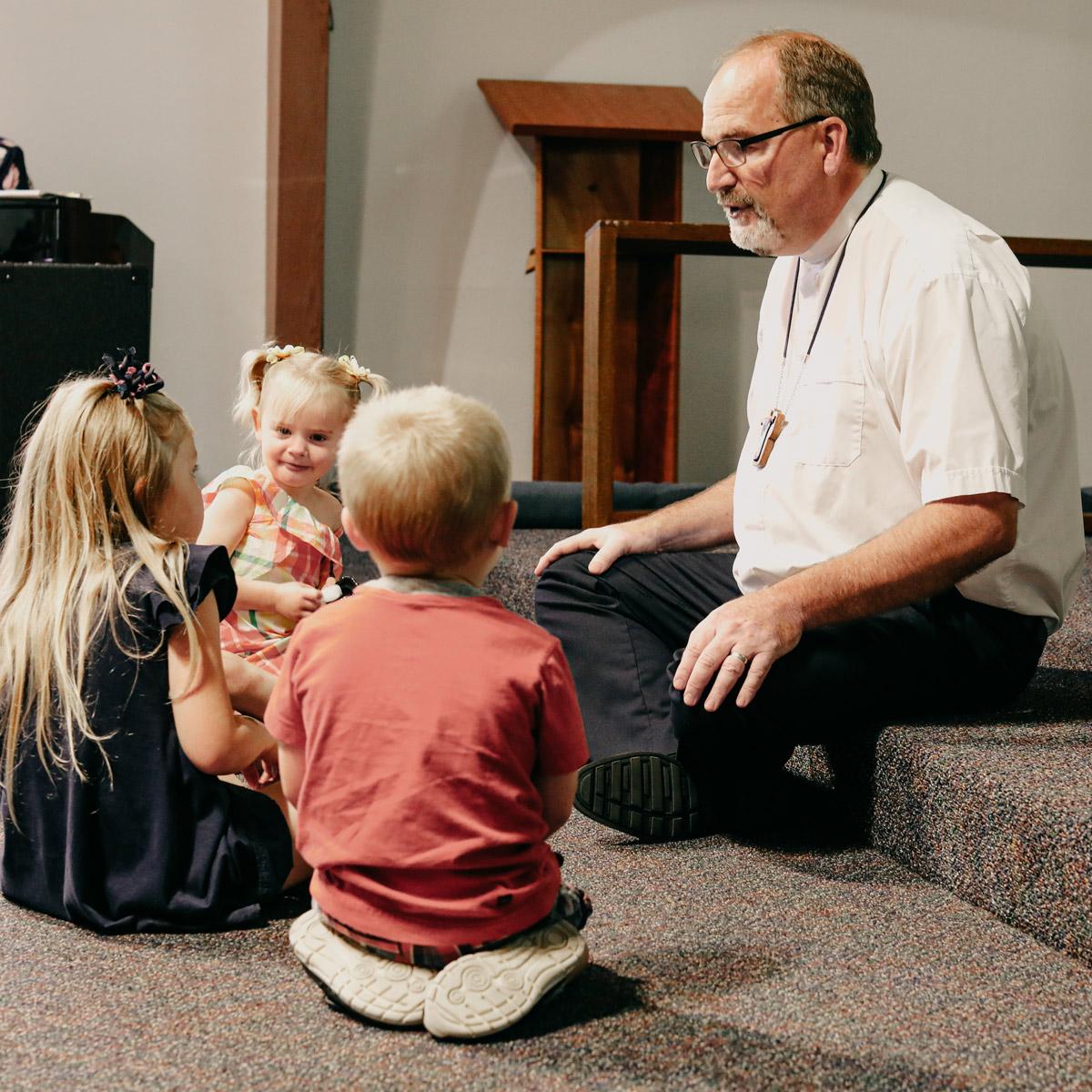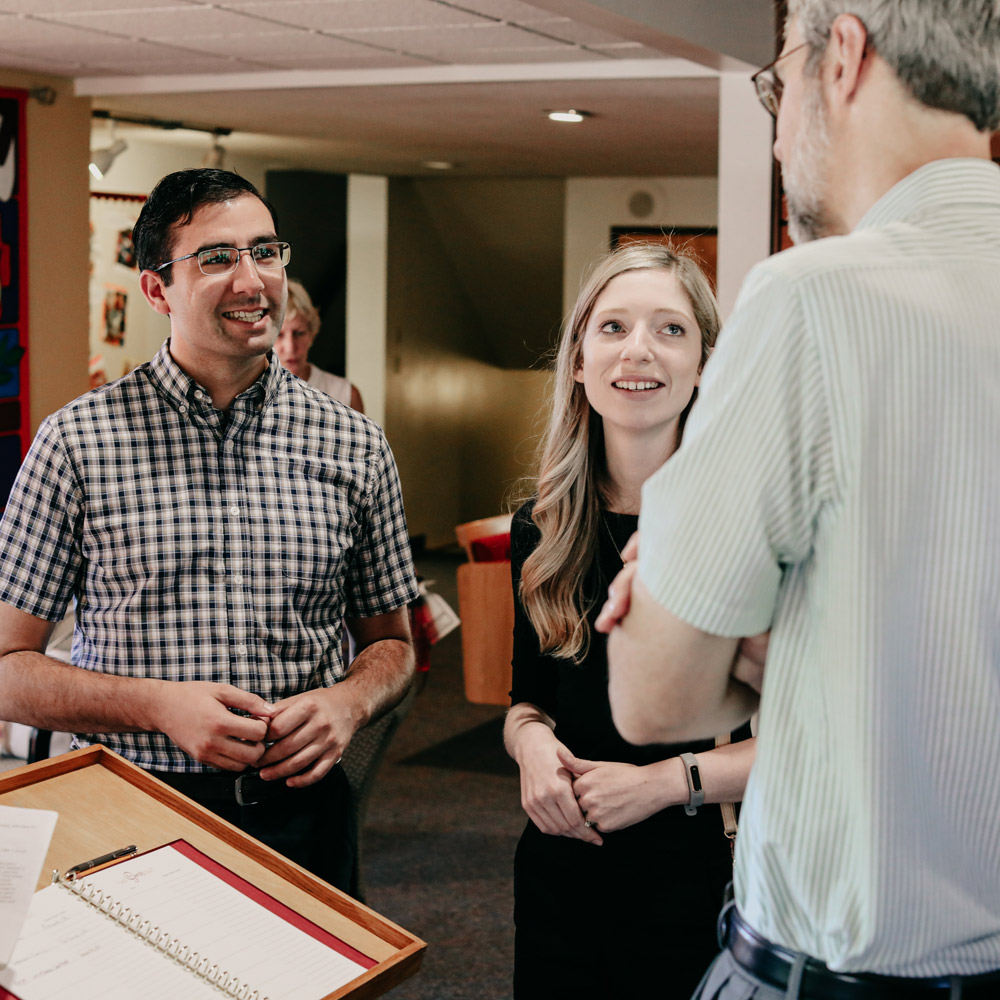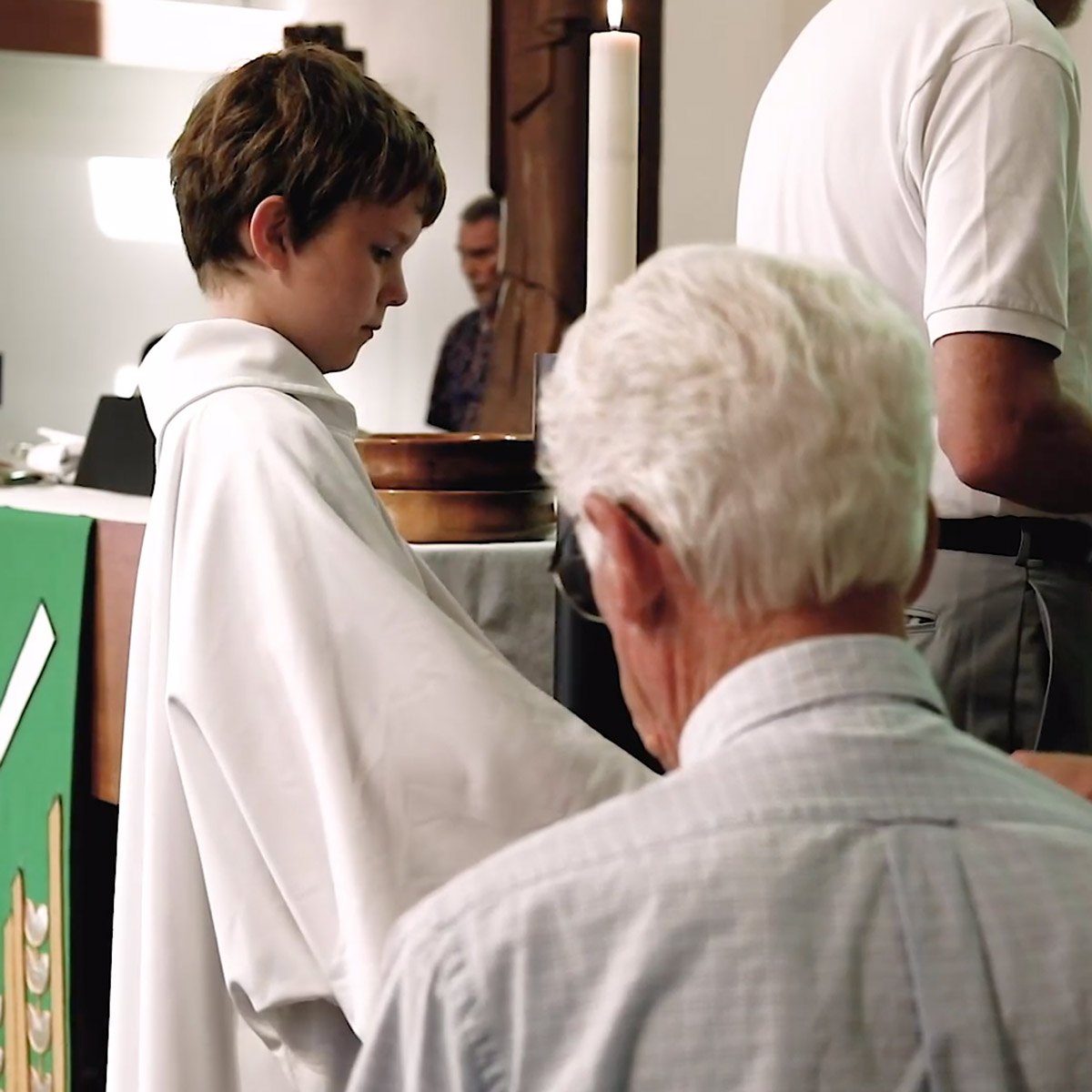You Shall Not Steal
For the last several weeks we have been working our way through the Ten commandments. In case you would ever like to read them all together, and in order, these commandments are listed in Exodus, chapter 20. It’s interesting to note that as you work your way through the commandments they are not all presented in the same way. Some of the commandments have a lot of explanation attached to them.
In the first three commandments, for instance, God takes extra time to explain specifically, and sometimes in great detail, exactly what His expectations are for each of these mandates He is giving to His people. He tells us to have no other gods before Him, and then describes specifically for us what that means. He tells us to not take His name in vain, and then adds an additional line expressing how He feels about those who ignore this commandment. He tells us to keep the Sabbath Day holy, and then adds several lines to help us understand what that means and why it is important. To the 4th commandment He attaches a promise for those who are willing to follow it.
And then we get to the next three. The 5th commandment is 4 words – You shall not kill. The 6th commandment is 5 words – You shall not commit adultery. The 7th commandment, where we focus our attention today, is 4 words – You shall not steal. That’s it, 4 words. No additional explanation, no attached promises, no further description or clarification – just 4 words: You shall not steal. Why so simple? Why so basic, compared to the other commandments? I have a few thoughts…
First – it seems pretty straighforward: “You shall not steal” doesn’t leave much room for interpretation, it pretty much means, “don’t take what isn’t yours”, right? If it doesn’t belong to you leave it alone.
Second – it seems pretty easy to understand: all of us have stuff. I have my stuff, you have your stuff. I want to know that my stuff is safe with me. You want to know your stuff is safe with you. If we follow this commandment, we don’t have to worry if our stuff is safe.
Third – it seems pretty easy to maintain: it tells me where the line is, and on which side of it I need to stay. I don’t try to manage your stuff, you don’t try to manage my stuff, and we all get along.
Simple, right? Straightforward, easy to understand, easy to maintain. What else do we need to know? Well, the truth is, it should be that easy, but it isn’t, and here’s why…we don’t all agree on the distribution of stuff. Some people have more stuff. Some people have less stuff. Some people have enough stuff. Some people have MORE than enough stuff. But some people, some people DON’T have enough stuff, and they don’t think that’s fair, so they feel the need to do something about that.
According to “Psychology Today” magazine, there are five main reasons why people steal:
Desperation
To meet basic human needs (food, shelter). Everybody wants to be able to provide for themselves and for their family. When you don’t have enough, it can be easy to justify taking what you need, especially when you see others around you who seem to have more than they need.
Peer Pressure
Expectations of others, manipulation, the desire to belong. Sometimes the need to belong is so strong we will do anything to be accepted into a group, including stealing, if that’s the stated price of admission.
Compensation
To make up for a loss (physical or emotional) This is where things like revenge or jealousy come in. Maybe we feel like we have been taken advantage of and stealing from those who hurt us will even the score. Or maybe we feel we deserve what everyone else has that we don’t, so we steal to get our fair share.
Excitement
The thrill of the risk. Nobody wants to get caught, but the possibility can make us feel alive, so we steal for the adrenaline rush.
Greed
Even if you have more than enough, more is never enough for some. Even wealthy people steal, not because they don’t have enough, but because they are addicted to their wealth, and using any means to add another zero to the total can become an obsession.
These are all very powerful motives and, given the right circumstances, any of us could probably find a way to rationalize or justify our behavior to make it seem like stealing is sometimes the only option to address our needs.
Or maybe, just maybe, under these kinds of circumstances we see stealing as the ONLY option because this thing inside of us called “sin” causes us to look at the whole picture from only one perspective. But what if there was another perspective? What if there was another way? What if there was another way for everyone to have what they need, without having to resort to stealing from each other to get it?
In the 7th Commandment, God said 4 words about stealing. In the rest of the Bible, He said hundreds of other words about what to do instead. Sometimes stealing can seem to be the only option to get what I feel I need, but only if my eyes are focused solely on me, and on what I need. Only if I believe that I, myself, am the only resource available, the only one who can address my concerns. But, what if we turned our eyes in a different direction?
One of my favorite stories is about a man who died and found himself in the presence of God. On the way to his eternal resting place, God offered him a unique opportunity – most people only get to see the place where they will spend eternity, but before they arrived at his final destination, God offered this man the chance to see both Heaven and Hell, to see what each place was like. He quickly agreed, and eagerly looked forward to this rare chance to see how different these two destinations would be from each other. Then God asked the man if he would like to see Heaven first, or Hell first. The man thought for a moment and decided he would rather get bad news before good news, so he told God he would like to see Hell first. They stepped into an elevator and the man felt himself going down, down, down, into the depths.
When the door finally opened they were met with a surprising scene. They were in a large banquet hall with a long table. The table was filled with every imaginable delicacy, the most delicious food anyone could ever want. Around the table were people from all walks of life. Each person had a fork in their hand, and at first the man thought the noise in the room was the sound of everyone enjoying an amazing feast, but as he looked closer he noticed that everyone’s arms were six feet long, and they had no elbows, they could not bend. And so, though they could easily pick up any food that they wanted, they had no way to get the food to their mouth, so in torment they were wailing and crying, because in a room filled with food, they were all starving to death.
With hopeless despair, the man got back on the elevator with God and they began to ascend to Heaven. On the way the man remarked at what a horrific scene they had just left, and how terrible a punishment that all those people were condemned to suffer for all eternity.
When they arrived in Heaven, the elevator doors opened and the man was stunned by what he saw. It was the exact same room they had just left, with the exact same circumstances. A large banquet hall with a long table, filled with every imaginable delicacy, the most delicious food anyone could ever want. Around the table were people from all walks of life. Each person had a fork in their hand, and as he looked closer he noticed that here, too, everyone’s arms were six feet long, and they had no elbows, they could not bend. They could easily pick up any food that they wanted, but they had no way to get the food to their mouth. And yet, here everyone was laughing, and smiling, and well fed, and enjoying an amazing and eternal feast, because unlike in hell, here in Heaven, they were all feeding each other.
In his explanation to the 7th Commandment Martin Luther says this: “We should fear and love God so that we do not take our neighbor’s money or possessions, or get them in any dishonest way, but help him to improve and protect his possessions and income.”
Perhaps the four short words of the 7th Commandment are God’s way of helping us to focus less on what we want for ourselves, and more on the ongoing needs of those who are struggling around us. Perhaps it would help us all to, more often, shift our eyes, and our perspective, away from our own situation, and towards using the gifts which God has given us to support those neighbors across the table from us who could use our help.
Ephesians 4:28 illustrates this change in direction… “Let the thief no longer steal, but rather let him labor, doing honest work with his own hands, so that he may have something to share with anyone in need.”
Notice that God, in this verse, encourages us to do more than simply stop stealing. It goes two steps further – 1) engage in honest work so that you can provide for yourself and your family, and 2) work above and beyond what you need for yourself so that you will have enough that you will be able to share something with anyone you meet who is in need. There is an intentional shift in perspective here to look beyond your own needs, to include also the needs of those around us.
Philippians 2:4 continues this focus… “Let each of you look not only to his own interests, but also to the interests of others.”
And in 1 John 3:17… “But if anyone has the world’s goods and sees his brother in need, yet closes his heart against him, how does God’s love abide in him?”
And Hebrews 13:16… “Do not neglect to do good and to share what you have, for such sacrifices are pleasing to God.”
And here is the best part of this new perspective – as we learn to shift our eyes away from caring only for ourselves and begin to focus also on caring for the needs of those around us, as we engage in that joyful process of feeding those across the table from us who cannot feed themselves, we find that, as our own needs arise, there will be others who have been guided by God to shift their eyes along with ours, who will be there to reach out to provide for our needs, even as we continue to reach out to provide for the needs of others. And over all else, the faithful God who calls us to this “other-focused” life, will continue to walk with us, and to provide for us what we need when we need it from His own limitless store of resources.
Psalm 145:15-16… “The eyes of all look to You, and You give them their food in due season. You open your hand; You satisfy the desire of every living thing.”
God grant us the grace to trust Him enough to bend our hearts to His will. Amen.
















